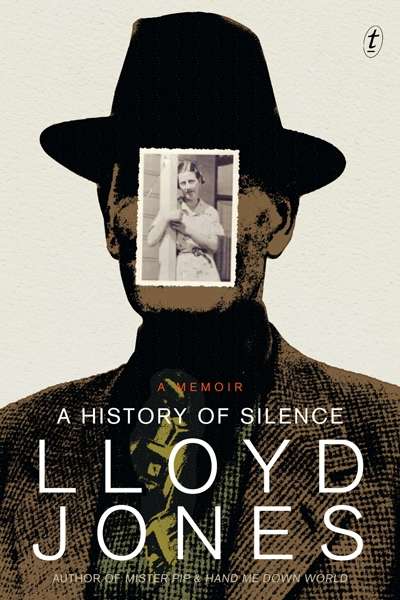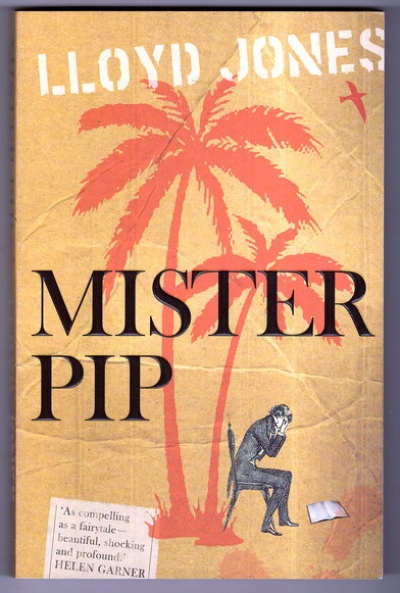Lloyd Jones
Film-wise, 2013 has been the year of adapting dangerously. Dangerously, that is, in the sense of daring to affront devoted readers of the original novels or plays, valuing enterprise over fidelity. Now, just after admirable versions of Much Ado about Nothing and What Maisie Knew have finished their runs, we have director–screenwriter Andrew Ada ...


